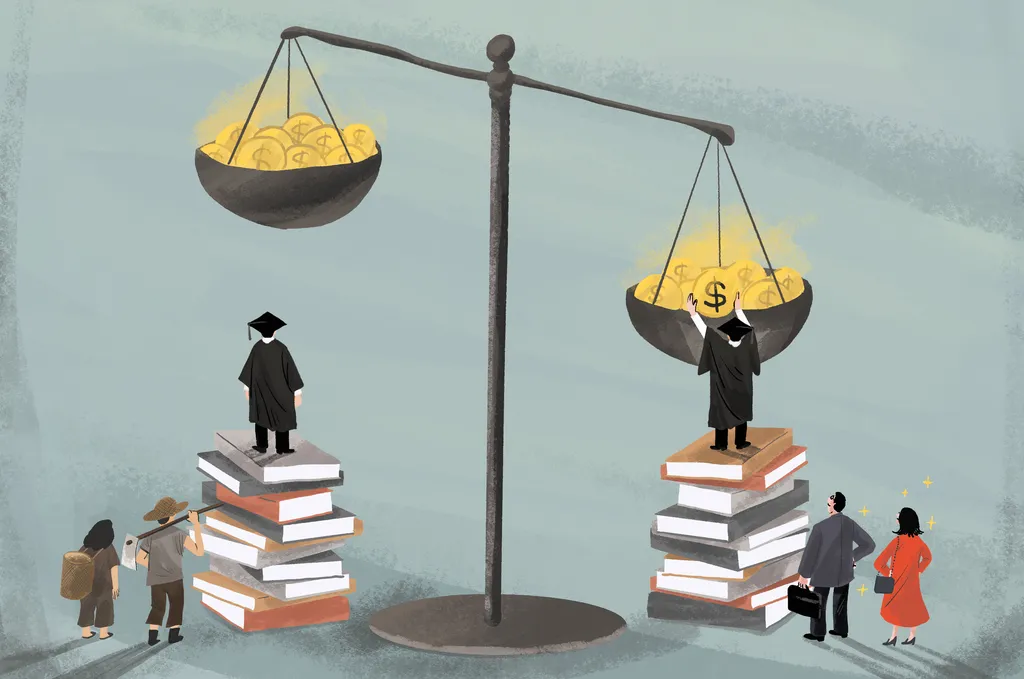In the heart of eastern China, a quiet revolution is taking root, one that could reshape the landscape of rural prosperity and sustainable agriculture. A recent study led by Zi Yang from the School of Economics and Management at Chongqing Normal University has shed light on the transformative power of agricultural production services (APS) in promoting rural common prosperity. The research, published in the journal *Frontiers in Sustainable Food Systems* (which translates to *前沿可持续食品系统* in Chinese), offers a compelling narrative of how targeted services can bridge income gaps and foster equity in rural communities.
The study, which analyzed data from 368 rural households in Jiangsu Province in 2016, reveals that APS significantly boosts the per capita total income of rural households. This increase is a critical step in narrowing the urban-rural income gap, a persistent challenge in many developing economies. “APS acts as a catalyst, elevating rural incomes and thereby compressing the disparity with urban areas,” Yang explains. “This is not just about raising incomes; it’s about creating a more equitable society.”
The research also highlights the nuanced impact of APS on different scales of farming operations. For large-scale farmers, APS significantly enhances agricultural net income, providing a substantial economic boost. Conversely, small-scale farmers benefit more from the services in terms of wage and business income. This dual impact underscores the importance of tailoring APS to the specific needs of different farming scales. “By customizing services to address the unique constraints faced by small-scale farmers, we can generate a larger common prosperity effect,” Yang notes. “This approach not only reduces intra-rural income inequality but also narrows the rural-urban income gap.”
The implications of this research extend beyond the fields of Jiangsu. As the global community grapples with the challenges of sustainable development and rural poverty, the findings offer a roadmap for policymakers and agricultural service providers. By investing in and tailoring APS, communities can foster economic growth that is both inclusive and sustainable.
The study’s insights are particularly relevant in the context of the broader sustainable development agenda. As the world seeks to achieve common prosperity, the role of agricultural production services cannot be overstated. The research suggests that by focusing on the distinctive needs of rural communities, we can create a more equitable and prosperous future for all.
In the words of Yang, “This is not just about agriculture; it’s about building a more just and sustainable world.” As we look to the future, the lessons from eastern China offer a beacon of hope and a blueprint for action. The journey towards common prosperity is complex, but with the right strategies and investments, it is within reach.

